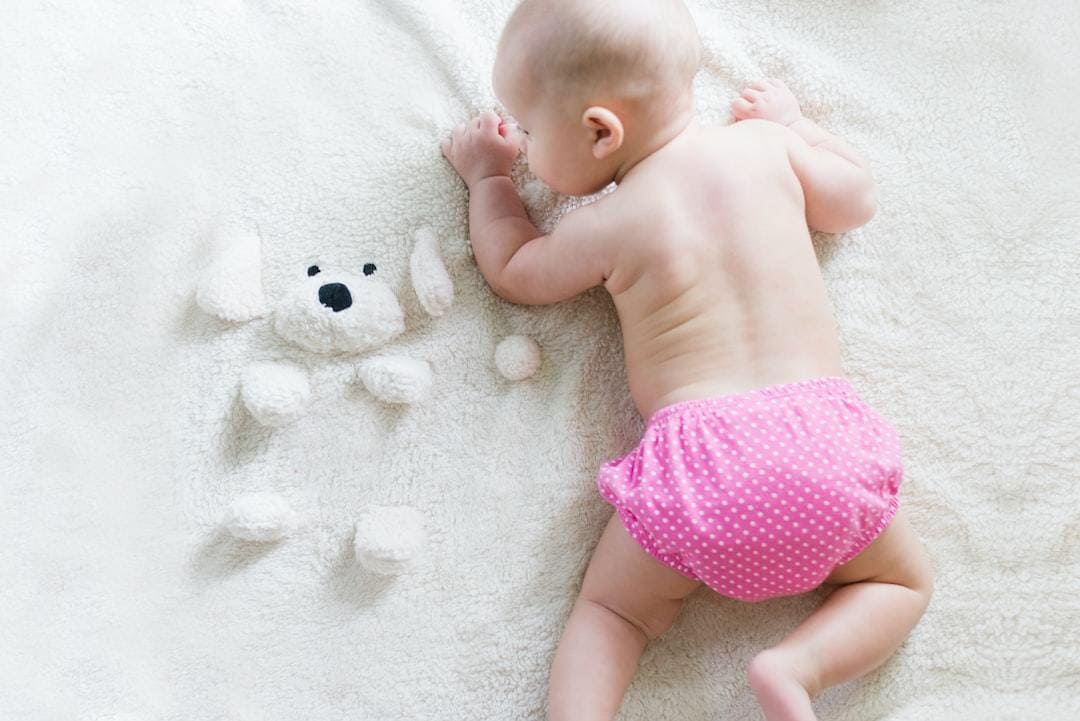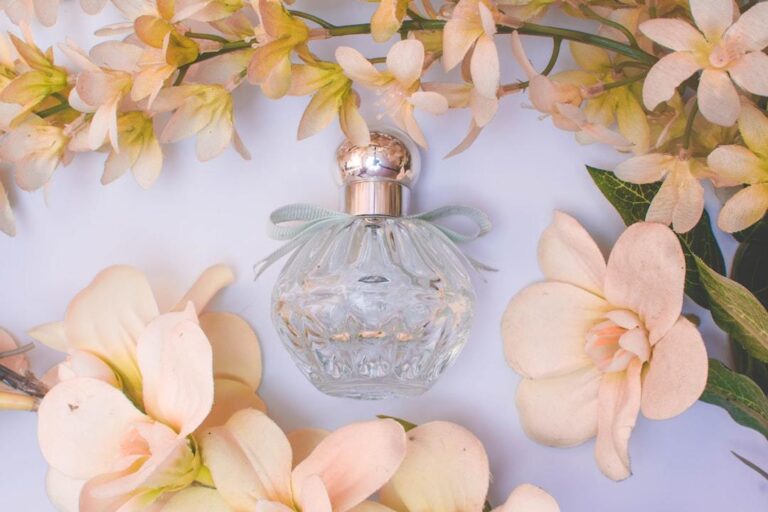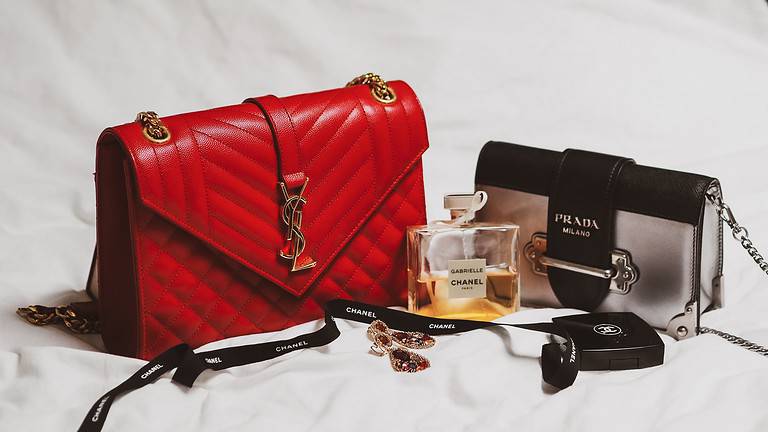Top Picks: Best Organic Diaper Brands 2023 for Your Baby
In a world where more parents are becoming conscious about their baby’s health and environmental footprint, organic diapers have risen to fame. But how do you choose from all these brands claiming to be “the best”?
Welcome aboard on this journey as we uncover the Best Organic Diaper Brands 2023. We’ll dive deep into each brand, scrutinizing everything – from their eco-friendliness to comfort and fit.
Sign up for our newsletter to stay ahead of the curve
Understanding the Importance of Organic Diapers
- Understanding the Importance of Organic Diapers
- The Environmental Impact of Diapers
- Best Organic Diaper Brands for 2023
- Key Features to Look for in Organic Diapers
- Understanding Diaper Materials
- FAQs in Relation to Best Organic Diaper Brands 2023
- Conclusion
Understanding the Importance of Organic Diapers
The diaper game has changed, folks. The time for organic diapers is here and they’re not just a trend. They are crucial to your baby’s health and the environment.
The Dangers of Conventional Diapers
We’ve all experienced it, the exhaustion of a sleepless night with our upset infant. You’d use anything that promises quick changes and dry nights, right? But hold up. Did you know conventional diapers can be more than just smelly business?
Packed with harmful chemicals like chlorine/bleaching agents (hellooo diaper rash.), dyes, lotions, and phthalates, these ‘convenient’ options might pose risks to your baby’s sensitive skin. Research shows (stat 1) even trace amounts of toxic chemicals could potentially harm babies due to their small size.
Volatile Organic Compounds (VOCs), which sound as scary as they are—found in some perfumes/fragrances used in traditional disposables—are linked to allergic reactions (Stat 2). This can cause discomfort for your child who already has enough on their plate…or should I say bib.
Why Choose Organic Diapers?
Avoiding toxins isn’t rocket science when it comes down to choosing non-toxic diapers over conventional ones. And let me tell you from my personal experience as a momma bear – no amount of midnight serenades compares to knowing my kiddo is safe from allergic reactions and skin irritations.
Opting for organic diapers is an obvious choice when it comes to protecting your baby’s delicate skin from harsh chemicals. They’re made without the use of harmful chemicals, meaning they’re less likely to cause diaper rash or irritation on your little one’s sensitive skin. Now that’s what I call ‘baby-soft’.
I say, brain fuel) for thought. Let’s dive in and get our mental gears turning.
But it’s not just about being kinder to your baby’s skin. Organic diapers are also better for our planet. They’re made from sustainable materials, which means they leave a smaller carbon footprint compared to traditional ones. Plus, many brands offer biodegradable options – another win for Mother Earth. So, let’s give the best care we can for both our babies and our environment by choosing organic.
The Environmental Impact of Diapers
As a mom, I’ve often pondered over the mountainous piles of diapers my toddler generates. If you’re like me and have given this some thought, you’d agree that it’s not just about our babies’ bottoms but also Mother Earth.
You see, traditional disposable diapers are no friends to the environment. They take up to 500 years to decompose in landfills. But let’s dive into specifics.
Composting and Eco-Friendly Diapers
The EPA estimates that an average baby will go through about 8,000 diapers before they start potty training. Now multiply that by millions of babies worldwide; we’re talking billions of used nappies ending up in landfills every year.
To help mitigate this environmental impact, many parents are turning towards eco-friendly diaper alternatives such as Andy Pandy or Seventh Generation. These brands use renewable resources like bamboo viscose and plant-based materials instead of petroleum-derived plastics for their products – so kudos there.
Bamboo is one fantastic resource because it grows incredibly fast (almost weed-like) without needing pesticides or fertilizers – making it truly green. It gets better: Bamboo can be harvested repeatedly from the same plant – talk about being nature-friendly.
- Nest Diapers make excellent use out of bamboo fibers, which gives them high absorbency rates comparable to conventional ones.
- Eco Boom is another brand committed to using chlorine-free wood pulp while ensuring no harsh chemicals come near your little one’s bum.
These companies guarantee that their items are free of heavy metals, phthalates, and aromas – all the terrible stuff you don’t want near your infant’s delicate skin. What’s more, some of these organic diaper brands like Andy Pandy also have a compostable diaper option.
Did I hear you ask what happens when they reach landfills? Well, unlike traditional disposable nappies which linger for centuries in our environment – Eco Boom and Seventh Generation diapers decompose much faster due to being made with biodegradable materials.
“Impressive.,” you might be thinking. But what happens if my city isn’t covered?” Don’t worry. We’re continuously endeavoring to bring our offerings to a greater number of areas.
one and our planet. So, when it comes to diapering your baby, consider brands like Andy Pandy or Seventh Generation. Their eco-friendly diapers use renewable resources like bamboo and plant-based materials instead of plastics derived from petroleum. These options not only shield your little one from harsh chemicals but also break down quicker in landfills—a victory for both your kiddo and the Earth.
Best Organic Diaper Brands for 2023
If you’re anything like me, a concerned mom of a toddler, the hunt for the best organic diaper brands can feel like trying to find that elusive golden ticket from Willy Wonka’s chocolate factory. So let’s save some time and sanity as we take a deep dive into two promising contenders: Bambo Nature and Honest Company.
Bambo Nature Review
Bambo Nature diapers have been my knight in shining armor – or should I say, baby bum saver. Made from FSC certified materials (which means they care about our forests), these natural diapers are not just eco-friendly but also kind on your little one’s sensitive skin. They feature chlorine-free wood pulp absorbent cores which hold up pretty well against ‘baby-made disasters’.
The softness? Imagine touching clouds while running through fields of cotton candy – yes, it feels THAT good. And talk about performance; with an ultra-absorbent core made from wheat starch and superabsorbent polymers (source), even Niagara Falls has nothing on these.
In addition to being totally chlorine free (TCF), their transparency regarding ingredients disclosure deserves applause louder than at an opera finale. It’s comforting knowing there aren’t any harsh chemicals or heavy metals lurking around to give my tot an allergic reaction.
Honest Diapers Review
Moving onto Honest Diapers – don’t let their fun patterns fool you because beneath those cute prints lies serious business. Crafted using plant-based materials such as sustainable harvest fluff pulp (source), they are as gentle on Mother Earth as they are on your baby’s skin.
Not only are they crafted from plant-based plastic, free of petroleum-derived plastics and using bamboo viscose for a touch of organic goodness, but their ‘pee-pee’ indicator is pretty spot-on too. It’s as dependable as that weather app you just can’t do without. And the perks keep coming.
Choosing the best organic diaper brands like Bambo Nature and Honest Company can feel as exciting as hunting for Willy Wonka’s golden ticket. These diapers, made from eco-friendly materials, are gentle on your baby’s skin while being tough on leaks. With transparency in ingredients and sustainable practices, they’re a win for both your tot and Mother Earth.
Key Features to Look for in Organic Diapers
As a parent, ensuring the comfort and fit of what touches your toddler’s skin is paramount; selecting an organic diaper can be quite the challenge. It needs to fit just right and offer comfort while keeping your little one dry.
Comfort and Fit
First off, let’s talk about comfort and fit. As I’ve learned from my personal experience with my own child, no two babies are built the same. Therefore, it’s important that diapers come in various sizes to ensure a snug but comfortable fit.
Bamboo diapers have become our favorite because they’re soft as cotton (literally made of bamboo viscose), making them perfect for baby’s sensitive skin. They don’t bunch up between those cute little legs or leave red marks on their waists either – another reason why they’re top of our list.
Cloth diapers might seem old-school but believe me when I say these aren’t your grandma’s cloth nappies. Modern designs include adjustable snaps allowing you to change the size as baby grows. Plus, most are lined with organic cotton – soft against delicate bottoms yet sturdy enough not to cause any leaks.
Absorbency and Wetness Indicators
Moving on to wetness indicators and absorbency, key features we often overlook until faced with leakage accidents at 2 AM…or worse during playdates (I speak from embarrassing experiences).
An excellent organic option is disposable diapers which contain super-absorbent polymers hidden away inside their core layer. Bambo Nature, a popular brand, even boasts an impressive 12-hour dryness guarantee.
For those concerned about the environmental impact of disposable diapers, there are biodegradable options such as Honest Diapers which use plant-based materials in its absorbent core. For example, Honest Diapers, known for their eco-friendly and cute fun patterns, uses plant-based materials in its absorbent core.
Bamboo diapers are an excellent selection for your infant, due to their high absorbency as well as other advantages.
When hunting for the perfect organic diaper, consider comfort, fit, and absorbency. Opt for diapers in various sizes to ensure a snug yet comfy fit – bamboo diapers are great. Don’t forget about wetness indicators and high-absorbency features either. Brands like Bambo Nature offer 12-hour dryness guarantees with biodegradable options available too.
Understanding Diaper Materials
Let’s talk diapers, the real stuff. You know, the materials that hug your baby’s bottom day in and day out? It’s important to understand what goes into them because not all diaper materials are created equal.
The Skinny on Traditional Disposable Diapers
In traditional disposable diapers, petroleum-derived plastics are commonly used. They also often contain an absorbent polymer – usually sodium polyacrylate – which turns liquid into gel to keep your baby dry but has been linked to allergic reactions in some children.
Besides this superabsorbent wizardry, they’re typically bleached with chlorine to achieve a clean white look. However, this process creates dioxins as byproducts; these toxic chemicals can linger around longer than we’d like in our environment or even worse- on our babies’ sensitive skin.
Natural Diapers: A Breath of Fresh Air
Natural diapers turn over a new leaf (pun intended). They ditch many of those harsh chemicals for more plant-based materials such as bamboo viscose and organic cotton instead.
Bamboo is amazing. Not only does it grow fast without needing pesticides or fertilizers but it also makes incredibly soft yet strong fabric perfect for protecting tiny tushies from dreaded diaper rash while keeping things comfortable down there too.
Eco-Friendly Champions: Andy Pandy & Eco Boom
Two champions worth mentioning when talking about eco-friendly disposables are Andy Pandy and Eco Boom. Both brands use bamboo as a base material, are free of chlorine and heavy metals, and are FSC certified – meaning they’re sourced from responsibly managed forests. They’re like the superheroes of diaper brands.
Andy Pandy’s diapers also contain aloe to soothe your baby’s skin. Eco Boom opts for wheat starch in their top sheet to increase breathability.
Nest Diapers & Seventh Generation: Chlorine-Free Goodness
and Nest Diapers are essential for your baby’s comfort and hygiene. Don’t overlook their importance in maintaining a happy, healthy environment for your little one.
Understanding diaper materials is crucial for your baby’s comfort and health. Traditional disposables often contain harmful substances, but natural diapers use plant-based materials like bamboo and organic cotton. Top eco-friendly brands such as Andy Pandy, Eco Boom, Nest Diapers & Seventh Generation swap harsh chemicals for skin-soothing ingredients while maintaining excellent absorbency.
FAQs in Relation to Best Organic Diaper Brands 2023
What is the cleanest brand of diapers?
Bambo Nature ranks as one of the cleanest diaper brands, known for its eco-friendly materials and chemical-free manufacturing process.
What is the number 1 recommended diapers?
The Honest Company’s organic diapers often top recommendations due to their absorbency, comfort, and use of safe ingredients.
What is the #1 pediatrician recommended diaper brand?
Pampers Swaddlers are widely recognized by pediatricians for their gentle touch on baby’s skin and reliable leak protection.
How much are diapers in 2023?
In 2023, expect to pay between $0.20 to $0.30 per disposable diaper depending on size and brand; cloth options may cost more upfront but can save money long-term.
Conclusion
Decoding the diaper dilemma isn’t easy…
But we’ve done our homework on the Best Organic Diaper Brands 2023.
We learned why organic diapers are a must for baby’s sensitive skin, free from harsh chemicals and heavy metals.
Nest Diapers, Andy Pandy – they’re not just friendly to your little one but also to Mother Earth. Composting? Yes, these brands have thought about that too!
Absorbency, comfort, fit – everything counts when it comes down to those cute bums. And let’s not forget transparency in disclosing ingredients!
In this eco-conscious world, choosing an organic diaper is more than just a trend; it’s about making informed choices for your child’s health and our planet.





